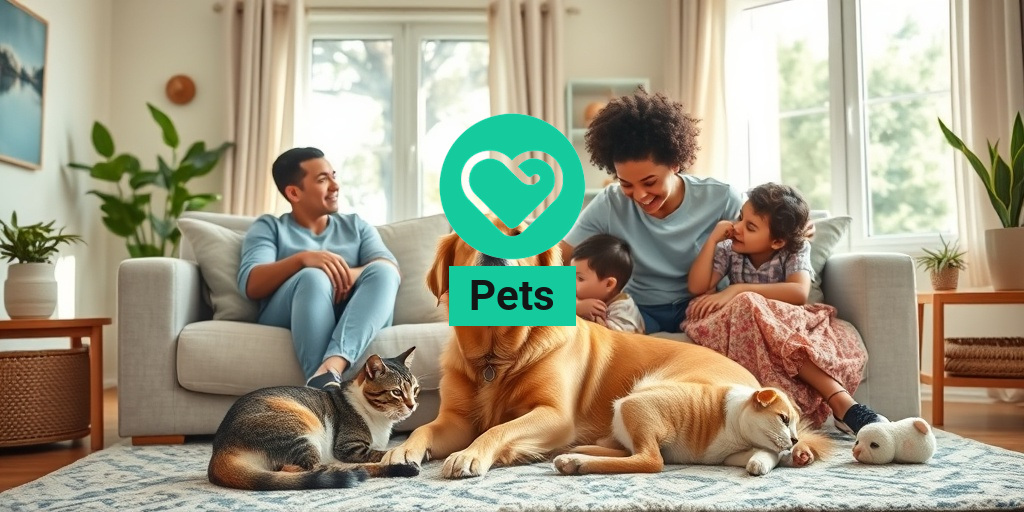What Are Pets?
Pets are domesticated animals that are kept for companionship, entertainment, and emotional support. Unlike livestock or working animals, pets are primarily valued for their presence and the joy they bring to our lives. Common types of pets include dogs, cats, birds, fish, and small mammals like hamsters and guinea pigs. Each type of pet has its unique characteristics, needs, and benefits, making the choice of a pet a personal and often heartfelt decision.
The Bond Between Humans and Pets
The relationship between humans and pets is one of the most profound connections we can experience. Pets offer unconditional love and companionship, which can significantly enhance our emotional well-being. Studies have shown that interacting with pets can reduce stress, anxiety, and depression, making them invaluable companions in our daily lives. 🐾
Types of Pets
When considering adding a pet to your family, it’s essential to understand the different types available:
- Dogs: Known as “man’s best friend,” dogs are loyal and protective companions. They require regular exercise and social interaction.
- Cats: Independent yet affectionate, cats are low-maintenance pets that can adapt to various living situations.
- Birds: Colorful and vocal, birds like parrots and canaries can be entertaining and social pets.
- Fish: Aquatic pets can be calming to watch and are perfect for those with limited space.
- Small Mammals: Animals like hamsters, guinea pigs, and rabbits are great for families and can be kept in smaller spaces.
Benefits of Having Pets
Bringing a pet into your home can be one of the most rewarding decisions you make. The benefits of having pets extend beyond mere companionship; they can positively impact your physical and mental health. Here are some of the key advantages:
Emotional Support and Companionship
Pets provide a unique form of emotional support. Their presence can alleviate feelings of loneliness and isolation. The simple act of petting a dog or cat can release oxytocin, a hormone associated with bonding and affection. This connection can be especially beneficial for individuals dealing with mental health issues. 🐶❤️
Physical Health Benefits
Owning a pet can lead to improved physical health. For instance, dog owners often engage in more physical activity due to the need for regular walks. This increased activity can help reduce the risk of obesity, heart disease, and other health issues. Additionally, studies have shown that pet owners tend to have lower blood pressure and cholesterol levels.
Social Interaction
Pets can also enhance your social life. Walking a dog or visiting a pet park can lead to interactions with other pet owners, fostering new friendships and community connections. This social aspect can be particularly beneficial for families, as it encourages bonding and shared experiences.
Teaching Responsibility
For families with children, having a pet can be an excellent way to teach responsibility. Caring for a pet requires commitment, routine, and nurturing, which can instill valuable life skills in children. They learn the importance of empathy and compassion as they care for their furry friends.
Enhancing Your Home Environment
Pets can bring joy and liveliness to your home. Their playful antics and affectionate nature can create a warm and welcoming atmosphere. Moreover, having pets can encourage a more active lifestyle, prompting you to spend more time outdoors and engage in activities that promote well-being.
In conclusion, pets are more than just animals; they are cherished members of our families. The benefits of having pets are numerous, ranging from emotional support to physical health improvements. If you’re considering adding a pet to your life, remember that they require love, care, and commitment. For more evidence-based health answers and resources, visit Yesil Health AI. 🐾✨
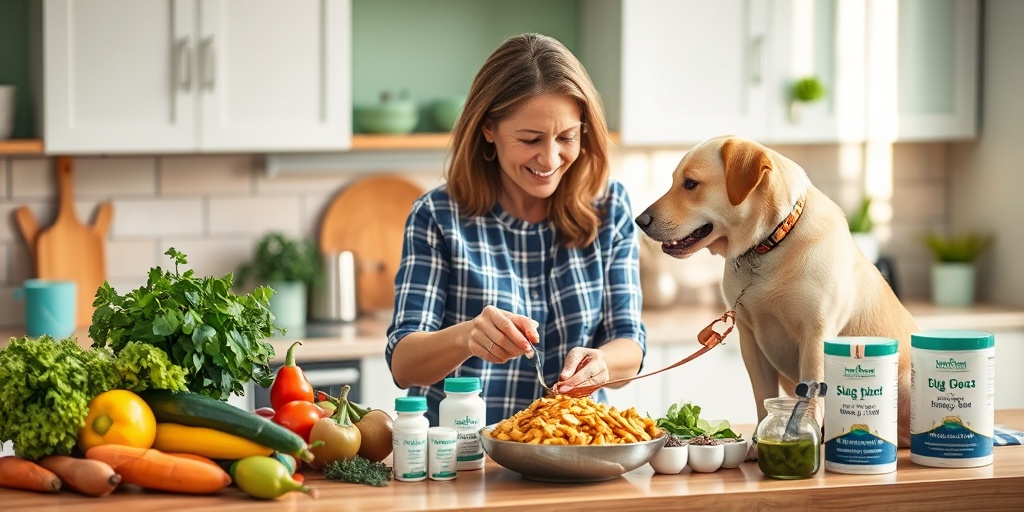
Common Pet Health Issues
As a pet owner, it’s essential to be aware of the common health issues that can affect your furry friends. Understanding these issues can help you take proactive steps to ensure your pets lead healthy, happy lives. Here are some of the most prevalent health concerns for pets:
1. Obesity
Obesity is one of the most common health issues affecting pets today. Just like in humans, excess weight can lead to serious health problems, including diabetes, heart disease, and joint issues. It’s crucial to monitor your pet’s weight and ensure they maintain a healthy diet and exercise routine. Regular vet check-ups can help identify weight issues early on.
2. Dental Disease
Dental health is often overlooked by pet owners, but it plays a vital role in your pet’s overall well-being. Plaque and tartar buildup can lead to periodontal disease, which can cause pain and tooth loss. Regular dental cleanings and at-home dental care, such as brushing your pet’s teeth, can help prevent these issues.
3. Allergies
Pets can suffer from allergies just like humans. Common allergens include pollen, dust mites, and certain foods. Symptoms may include itching, sneezing, and gastrointestinal upset. If you notice any of these signs, consult your veterinarian for proper diagnosis and treatment options.
4. Parasites
Fleas, ticks, and worms are common parasites that can affect pets. These pests can cause discomfort and lead to more severe health issues if left untreated. Regular preventive treatments and check-ups can help keep your pets safe from these unwanted guests. 🐾
5. Skin Conditions
Skin issues, such as hot spots, dermatitis, and infections, are prevalent among pets. These conditions can be caused by allergies, parasites, or infections. If your pet is scratching excessively or has noticeable skin changes, it’s essential to seek veterinary advice.
Pet Nutrition Basics
Proper nutrition is fundamental to your pet’s health and longevity. Understanding the basics of pet nutrition can help you make informed choices about your pet’s diet. Here are some key points to consider:
1. Balanced Diet
A balanced diet is crucial for your pet’s overall health. Pets require a mix of proteins, carbohydrates, fats, vitamins, and minerals. Look for high-quality pet food that lists meat as the first ingredient and meets the nutritional standards set by the Association of American Feed Control Officials (AAFCO).
2. Age-Appropriate Food
Just like humans, pets have different nutritional needs at various life stages. Puppies and kittens require more calories and nutrients for growth, while senior pets may need diets lower in calories but higher in fiber. Always choose food that is appropriate for your pet’s age and size.
3. Portion Control
Overfeeding is a common mistake among pet owners. Follow the feeding guidelines on the pet food packaging and adjust portions based on your pet’s activity level and weight. Using measuring cups can help ensure you’re providing the right amount of food. 📏
4. Fresh Water
Access to fresh, clean water is essential for your pet’s health. Dehydration can lead to serious health issues, so make sure your pet has constant access to water, especially during hot weather or after exercise.
5. Treats and Snacks
Treats can be a great way to reward your pet, but they should only make up a small portion of their diet. Opt for healthy treats and avoid giving table scraps, which can lead to obesity and digestive issues. Consider using fruits and vegetables as low-calorie snack options! 🍏🥕
By being aware of common health issues and understanding the basics of pet nutrition, you can help ensure your pets live long, healthy lives. Regular veterinary visits and a balanced diet are key components of responsible pet ownership.
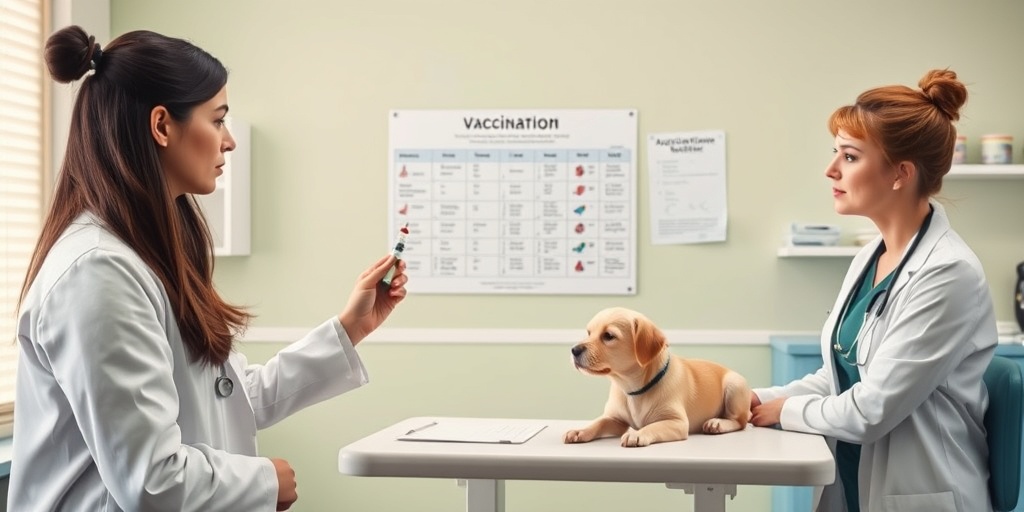
Regular Vet Check-ups
When it comes to keeping your pets healthy, regular vet check-ups are essential. Just like humans, our furry friends need routine examinations to ensure they are in good health and to catch any potential issues early on. Here’s why these visits are so important.
Why Are Regular Vet Check-ups Important?
Regular vet check-ups provide a comprehensive overview of your pet’s health. During these visits, veterinarians can:
- Monitor Health Changes: Pets can’t tell us when something is wrong, so regular check-ups help identify any health changes that may not be immediately visible.
- Prevent Illness: Routine examinations can help catch diseases early, allowing for more effective treatment and management.
- Update Vaccinations: Keeping vaccinations up to date is crucial for preventing serious diseases.
- Provide Nutritional Guidance: Vets can offer advice on the best diet for your pet’s age, breed, and health status.
What to Expect During a Vet Visit
During a typical vet visit, you can expect the following:
- Physical Examination: The vet will conduct a thorough physical exam, checking your pet’s weight, coat, eyes, ears, and overall condition.
- Discussion of Behavior: You’ll have the opportunity to discuss any behavioral changes or concerns you may have noticed.
- Diagnostic Tests: Depending on your pet’s age and health, the vet may recommend blood tests or other diagnostic procedures.
How Often Should You Schedule Check-ups?
The frequency of vet visits can depend on your pet’s age, health, and lifestyle. Generally, it’s recommended to schedule check-ups:
- For Puppies and Kittens: Every 3-4 weeks until they are about 16 weeks old.
- For Adult Pets: At least once a year.
- For Senior Pets: Every 6 months, as they may be more prone to health issues.
By prioritizing regular vet check-ups, you’re taking a proactive step in ensuring your pets live long, healthy lives. 🐾
Pet Vaccinations Explained
Vaccinations are a crucial part of your pet’s health care routine. They help protect against various diseases that can be serious or even fatal. Understanding pet vaccinations can help you make informed decisions about your furry friend’s health.
What Are Vaccinations?
Vaccinations are biological preparations that provide immunity to specific diseases. They work by stimulating the immune system to recognize and fight off pathogens. Here are some key points about pet vaccinations:
- Core Vaccines: These are essential for all pets, including vaccines for rabies, distemper, and parvovirus.
- Non-Core Vaccines: These are recommended based on your pet’s lifestyle and risk factors, such as Bordetella for kennel cough or Lyme disease for pets that spend time outdoors.
Why Are Vaccinations Important?
Vaccinations play a vital role in preventing diseases that can affect your pet’s health. Here’s why they are important:
- Prevention of Disease: Vaccines can prevent serious illnesses that can lead to long-term health issues or death.
- Herd Immunity: Vaccinating your pet helps protect other animals in the community, contributing to overall public health.
- Cost-Effective: Preventing disease through vaccination is often much less expensive than treating an illness.
When Should You Vaccinate Your Pet?
The vaccination schedule can vary based on your pet’s age, health, and local regulations. Generally, the following guidelines apply:
- Puppies and Kittens: Start vaccinations at 6-8 weeks of age, with boosters every 3-4 weeks until they are about 16 weeks old.
- Adult Pets: Most vaccines require boosters every 1-3 years, depending on the vaccine type.
Consult with your veterinarian to create a vaccination schedule tailored to your pet’s needs. Keeping your pets vaccinated is one of the best ways to ensure they stay healthy and happy! 🐶🐱
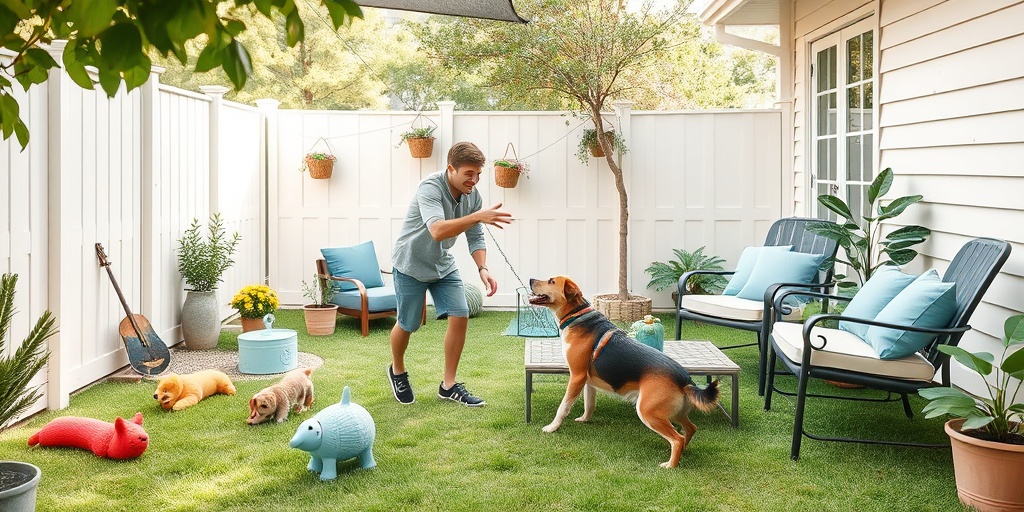
Signs of Pet Illness
As a pet owner, it’s essential to be vigilant about your furry friend’s health. Pets, like humans, can experience a variety of illnesses, and recognizing the signs early can make a significant difference in their recovery. Here are some common signs of pet illness to watch for:
Changes in Appetite
One of the first indicators that something might be wrong with your pet is a change in their eating habits. If your pet suddenly refuses to eat or shows a marked decrease in appetite, it could be a sign of illness. Conversely, increased hunger can also indicate health issues, such as diabetes or thyroid problems. Monitor your pet’s food intake closely and consult your veterinarian if you notice any significant changes.
Unusual Behavior
Pets are creatures of habit, and any sudden change in behavior can be a red flag. This includes increased aggression, withdrawal, or excessive vocalization. If your normally playful dog becomes lethargic or your cat hides more than usual, it’s time to take notice. Behavioral changes can often signal pain or discomfort, so don’t hesitate to seek professional advice.
Physical Symptoms
Keep an eye out for physical signs that may indicate illness, such as:
- Vomiting or Diarrhea: Occasional vomiting or diarrhea can be normal, but persistent symptoms warrant a vet visit.
- Coughing or Sneezing: Frequent coughing or sneezing can indicate respiratory issues.
- Changes in Weight: Sudden weight loss or gain can be a sign of underlying health problems.
- Skin Issues: Look for signs of itching, redness, or unusual lumps.
Changes in Bathroom Habits
Pay attention to your pet’s bathroom habits. Changes in urination frequency or difficulty in urination can indicate urinary tract infections or other serious conditions. Similarly, if your pet is having accidents in the house, it could be a sign of a health issue rather than just behavioral problems.
Excessive Thirst
If you notice your pet drinking more water than usual, it could be a sign of diabetes or kidney disease. Increased thirst should not be ignored, especially if accompanied by other symptoms like weight loss or lethargy.
Creating a Safe Environment for Pets
Ensuring a safe environment for your pets is crucial for their well-being. A secure space not only protects them from potential hazards but also promotes their overall health and happiness. Here are some tips to create a safe haven for your furry friends:
Pet-Proof Your Home
Just like you would baby-proof your home for a child, pet-proofing is essential for your pets. Here are some steps to consider:
- Secure Toxic Substances: Keep cleaning supplies, medications, and other toxic substances out of reach.
- Hide Electrical Cords: Use cord covers or tape to secure loose wires that pets might chew on.
- Close Off Dangerous Areas: Use baby gates to restrict access to stairs or rooms with hazards.
Provide a Comfortable Space
Your pets need a designated area where they can feel safe and comfortable. This could be a cozy bed in a quiet corner or a crate that they can retreat to when feeling overwhelmed. Make sure this space is free from disturbances and equipped with their favorite toys and blankets. 🛏️
Regular Exercise and Mental Stimulation
A safe environment also includes opportunities for physical and mental stimulation. Regular exercise helps prevent obesity and related health issues. Engage your pets with:
- Daily Walks: Take your dog for walks or let your cat explore a secure outdoor space.
- Interactive Toys: Use puzzle toys to keep their minds sharp.
- Playtime: Spend quality time playing with your pets to strengthen your bond.
Safe Outdoor Spaces
If you allow your pets outside, ensure the area is secure. Fencing should be high enough to prevent jumping, and there should be no gaps for them to escape. Additionally, be cautious of plants that may be toxic to pets, such as lilies and azaleas. 🌿
Regular Veterinary Check-ups
Finally, regular veterinary visits are essential for maintaining your pet’s health. Routine check-ups can help catch potential issues before they become serious. Vaccinations, parasite control, and dental care are all vital components of a comprehensive health plan for your pets.
By being proactive and attentive to your pet’s needs, you can create a safe and nurturing environment that promotes their health and happiness. 🐾
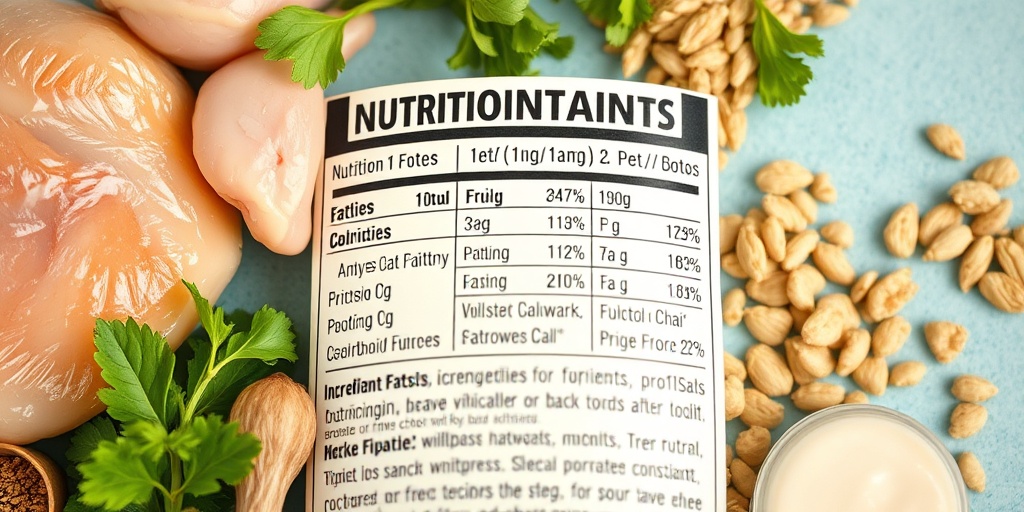
Frequently Asked Questions About Pets
What are the best pets for families? 🏡
When considering pets for families, it’s important to choose animals that are friendly and adaptable. Some of the best options include:
- Dogs: Known for their loyalty and companionship.
- Cats: Independent yet affectionate, making them great for busy households.
- Fish: Low-maintenance and calming to watch.
- Rabbits: Playful and can be litter trained.
How can I take care of my pet’s health? 🐾
Maintaining your pet’s health involves several key practices:
- Regular Vet Visits: Schedule annual check-ups and vaccinations.
- Balanced Diet: Provide high-quality food suitable for your pet’s age and breed.
- Exercise: Ensure your pet gets enough physical activity to stay fit.
- Grooming: Regularly groom your pet to keep their coat healthy and free of parasites.
What are some fun activities to do with pets? 🎉
Engaging in activities with your pets can strengthen your bond. Here are some ideas:
- Outdoor Adventures: Take your dog for hikes or walks in the park.
- Interactive Games: Play fetch, tug-of-war, or hide-and-seek with your pets.
- Training Sessions: Teach your pet new tricks or commands for mental stimulation.
- Pet-Friendly Events: Attend local pet fairs or community events together.
How do I choose the right pet for my lifestyle? 🤔
Choosing the right pet depends on your lifestyle and living situation. Consider the following:
- Space: Larger pets like dogs need more room to roam.
- Time Commitment: Some pets require more attention and care than others.
- Allergies: Be mindful of any allergies you or your family members may have.
- Budget: Factor in the costs of food, grooming, and veterinary care.
What are the benefits of having pets? ❤️
Having pets can greatly enhance your life in various ways:
- Companionship: Pets provide unconditional love and companionship.
- Stress Relief: Interacting with pets can reduce stress and anxiety levels.
- Physical Activity: Pets encourage a more active lifestyle through play and exercise.
- Social Interaction: Pets can help you meet new people and build connections.
How can I find a reputable pet shop? 🏪
Finding a trustworthy pet shop is crucial for ensuring the health and well-being of your future pet. Here are some tips:
- Research: Look for reviews and ratings online.
- Visit the Shop: Check the cleanliness and organization of the store.
- Ask Questions: Inquire about the source of their pets and their care practices.
- Check for Certifications: Ensure the shop complies with local regulations and standards.
By considering these FAQs, you can make informed decisions about your pets and ensure a happy, healthy life for both you and your furry friends! 🐶🐱

